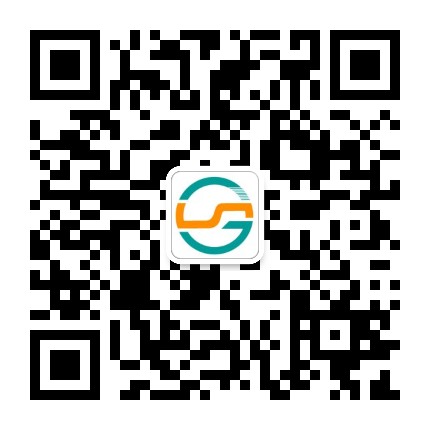生活中需要表达观点又不知有何可表的时候,我们经常会跟着别人说“Me too”。最近逛街的时候还发现,如果某一款的鞋或衣服很热销,其他品牌也都会争相推出类似货品,我们可以称之为me-tooism。看来这个“me too”的适用范围还是挺广的。
Me-tooism was present earlier in Australian English. It was used in the 1980s to refer to the practice of one manufacturer copying from another, namely the adopting of policies, methods, products, etc., similar or identical to those of a peer, rival, or competitor.
Me-tooism(仿效主义)早先出现在澳大利亚英语中。20世纪80年代,这个词用来指代生产厂商相互仿效的行为,包括政策实施、采用的方法以及推出的产品等都与同行或竞争对手的类似或完全相同。
For example:
The me-tooism of the world car industry means that all good ideas are copied as soon as possible.
世界汽车行业中的仿效行为意味着所有好的理念都会在最短的时间内被抄袭。
都说中国的语言丰富,一个字可以理解出好多个意思,这一点小编我完全同意。不过,随着时代的发展,不但文字的意思在丰富,连咱们平日常用的数字也开始进入了艺术运用阶段。比如,咱们会说某人很8,那人特2,这人怎么穿得人5人6的…怎么样,我没有说错吧?今天,咱们就再给这个数字语言队伍添加一个新成员,它是404。
404 is used to describe someone who is clueless. This usage derives from the WWW error message, “404 Not Found”, meaning the requested document could not be located.
404被用来描述愚笨、无用之人。这一用法来源于网络上无法找到搜索页面时出现的“404 Not Found”错误提示信息。
Someone 404 is usually stupid and unable to use computers or other complicated electronic equipment.
被称为404的人通常比较笨而且对电脑或其他复杂电器的操作也不太开窍。
For example:
Don't bother asking him, he's 404.
不用去问他了,他什么都不会。

